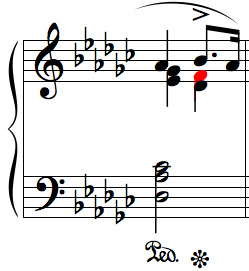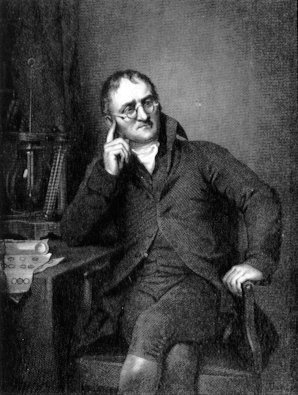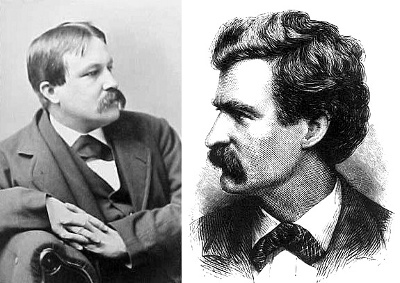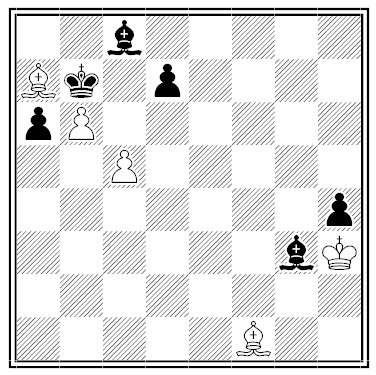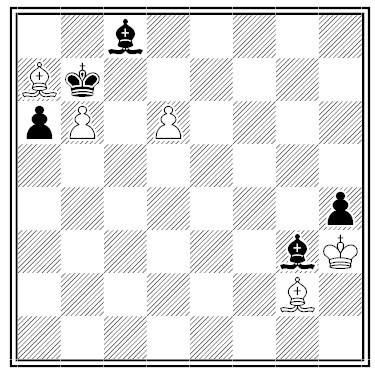
Rutgers mathematician E.P. Starke posed this question in the American Mathematical Monthly of July 1940:
“In high school geometry texts and elsewhere one frequently meets the statement that the reason for the straightness of the crease in a folded piece of paper is that the intersection of two planes is a straight line. This is fallacious. What is the correct reason?”
I was going to post this as a puzzle, but after much pondering I’ve been unable to make sense of the answer. Here it is:
“Let P, P′ be two points of the paper that are brought into coincidence by the process of folding. Then any point A of the crease is equidistant from P, P′, since the lines AP, AP′ are pressed into coincidence. Hence the crease, being the locus of such points A, is the perpendicular bisector of PP′.”
I agree that this is true, but I don’t see what’s wrong with the first answer. Any ideas?
UPDATE: The consensus seems to be that the first answer makes some invalid assumptions, including flat planes and Euclidean space, where Starke’s proof is more rigorous. Thanks to everyone who’s written in.
(Second update, on reflection: Presumably the books that Starke mentions were not claiming that all creases must be straight, only that a straight crease is so because two planes intersect in a line. That still seems reasonable to me.)

